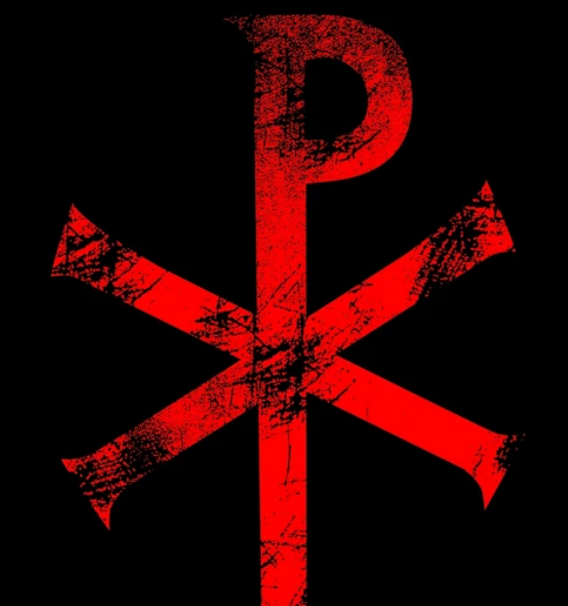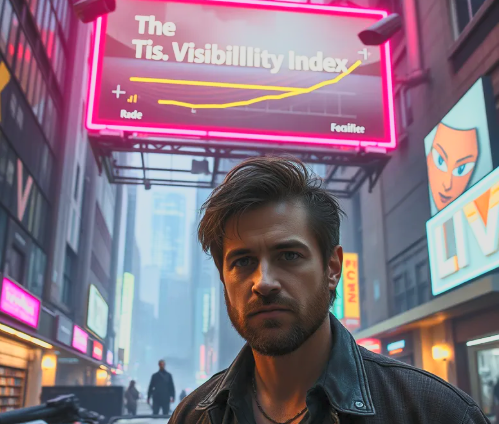When Survival Depends on Being Visible, Is Invisibility Freedom?
In 2025, attention was no longer a luxury; it was oxygen. Recognition, validation, acknowledgment—these weren’t simply desires anymore but lifelines. The world had shifted beyond social media clout. Visibility itself was survival.
Governments formalized it through The Visibility Index (V.I.)—a system where your Recognition Score dictated everything: healthcare, employment, even groceries. Algorithms tracked every interaction, from your posts to your eye contact.
A high score meant ease and privilege. A low score meant doors—literally—would no longer open for you.
At first, people scoffed. But as jobs began requiring a minimum Recognition Score and public transit locked out the “unseen,” the horror became clear: invisibility wasn’t freedom anymore. It was slow death.
Nathan Vale: The Vanishing Man
Nathan Vale was once a quiet man. Teacher. Writer. Average. Someone who had never craved the spotlight. In the old world, he’d have been fine. In the new one, anonymity was a death sentence.
At first, he resisted—no daily livestreams, no mandatory engagement posts, no viral challenges. But soon his Recognition Score cratered. His bank card stopped working. The supermarket doors refused to slide open. His employer sent a polite, automated termination notice.
Desperate, Nathan tried everything: motivational quotes, confessional posts, humiliating stunts. Raw onions. Trend dances on aching knees. But the algorithm devoured content like fast food, discarding anything that didn’t spark instant outrage or joy.
He was fading from the world.
Mira: The Woman Who Wasn’t There
Then Nathan met Mira.
She had no followers, no digital footprint—yet she walked through restricted areas, dined at high-score restaurants, traveled freely. A ghost with a golden pass.
“How?” he demanded, cornering her in an abandoned bookstore, one of the last places without scanners. “How do you exist outside the system?”
Mira smiled. “I don’t exist in it at all.”
The Philosophy of Non-Existence
Mira explained: the true prison wasn’t the V.I. itself but the belief that visibility equaled existence. People feared irrelevance, mistaking it for annihilation.
“Before this,” she said, “did you need the world’s applause to be alive? Did you need a million likes to be content?”
Nathan hesitated. He remembered reading for joy, writing without metrics, living without an audience. He had existed then. He had been real.
The system thrived because people accepted its premise: to be invisible is to be nothing.
The Choice Between Shadows and Light
Mira offered Nathan a choice:
Stay—fighting for scraps of recognition, eroding himself for engagement.
Or disappear—vanish from the algorithm entirely, living unseen but free.
It would mean no more bank accounts, no more history, no more official “existence.” To the world, he’d be dead.
But was that worse than the slow death of his soul already underway?
The Question That Remains
Nathan thought of the millions still trapped, desperate for fleeting recognition, willing to humiliate themselves for one more day of relevance. And he thought of Mira, unseen yet untouchable.
The decision wasn’t between life and death. It was between two definitions of life.
And so, Nathan made his choice.

